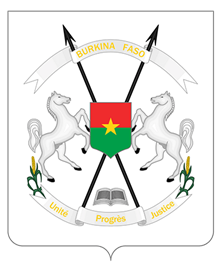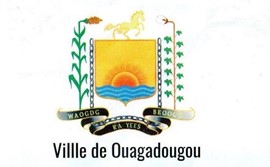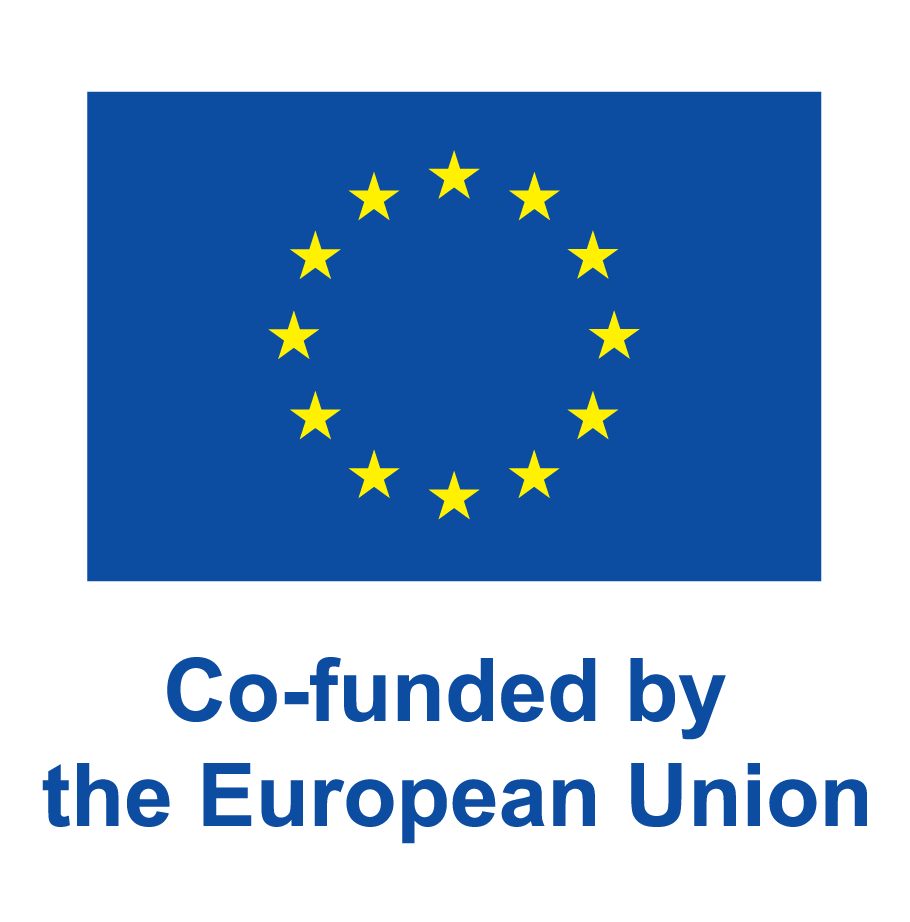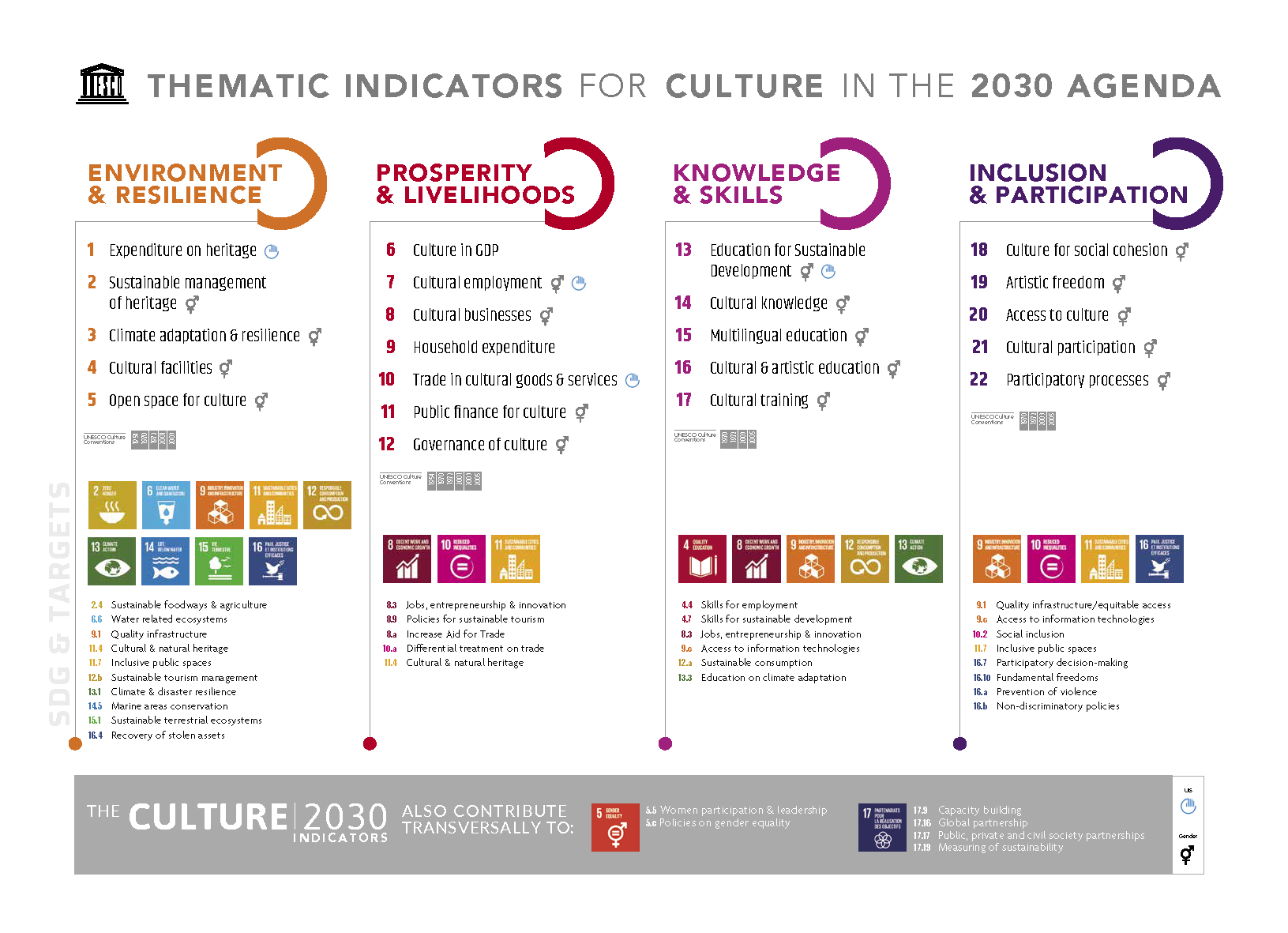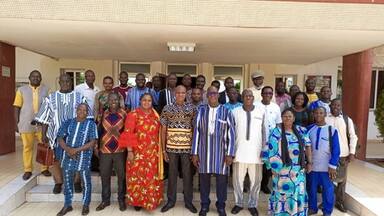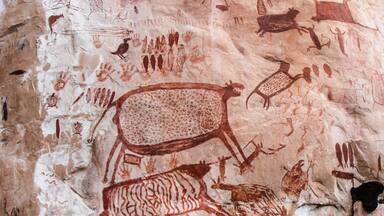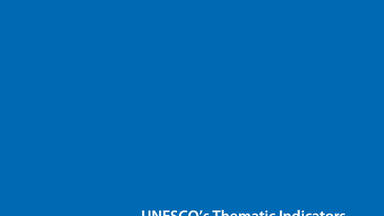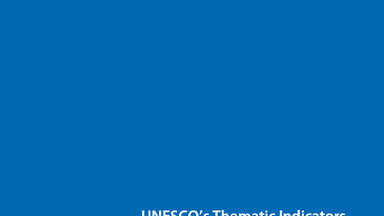Partners
Implementation of the UNESCO Culture|2030 Indicators in Burkina Faso and the city of Ouagadougou is with the support and partnership of the Ministry of Culture, Arts, and Tourism and the Mayor’s Office of Ouagadougou city with UNESCO.
The implementation is generously supported by the contributions of the European Union and the Swedish International Development Cooperation Agency (Sida) under a co-funded project titled 'Culture 2030 Indicators: Measuring Culture's contribution to the 2030 Agenda for Sustainable Development'.
Brief
The UNESCO Thematic Indicators for Culture ( UNESCO Culture|2030 Indicators) is a framework of thematic indicators whose purpose is to measure and monitor culture’s enabling contribution to the national and local implementation of the 2030 Agenda for Sustainable Development. It has been developed with the UNESCO Institute for Statistics (UIS) and other partners.
It provides 22 indicators grouped in four thematic dimensions:
Environment & Resilience
Prosperity & Livelihoods
Knowledge & Skills
Inclusion & Participation
Each dimension is linked to the sustainable development goals and the UNESCO Culture Conventions.
‘SDG 5’ on Gender equality and ‘SDG 17’ on Partnerships are cross-cutting across the dimensions. Additional indicators are also under development to measure culture’s contribution to 'SDG 16 on peacebuilding
Stakeholders
While relying in priority on national statistical institutes, the UNESCO Culture|2030 Indicators will seek to bring together a variety of data sources, including from different ministries, observatories and public agencies, information systems for culture, specific barometers, specific national and regional surveys, and professional volunteer organization. The project will also support countries to enhance existing data within the UNESCO Culture Conventions periodic reports as well as the cultural data produced by UIS.
This process is highly collaborative engaging a wide of range of stakeholders involved in the policy spectrum, Ministries, departments, agencies operating in the four thematic dimensions of the framework (e.g. culture, development and planning, education, trade and industry, gender etc.), culture related organizations and networks, civil society and professional organizations, research institutions including academia and national institutes.
To facilate the coordination for the project, Burkina Faso has created an intersectoral committee composed by the Ministry of National Education, Literacy and the Promotion of National Languages, the Ministry of Culture, Arts and Tourism, the Ministry of Ecological Transition and Environment, the Ministry of Territorial Administration and Decentralization, the Ministry of Economy, Finance and Development, the Ministry of Higher Education, Research and Innovation. The committee also includes several representatives of specialized agencies and civil society, such as the National Tourism Observatory, the Chamber of Commerce and Industries, the National Union of Culture and Tourism Workers, etc.
Implementation
The implementation of the UNESCO Culture|2030 Indicators trains and sensitizes national and municipal technical specialists, notably within statistical agencies or cultural institutions, in collecting and analyzing quantitative and qualitative data in the field of culture.
As part of the preparatory phase, Burkina Faso and the city of Ouagadougou organized their kick off workshop on 7 October 2021, gathering 60 participants, including representatives and institutions from the national and local authorities, as well as civil society organizations, academics, the private sector, and other competent entities whose work is informed by culture and heritage.
Data Bank
Implementation results of the UNESCO Culture|2030 Indicators are available on the UNESCO Culture|2030 Indicators Data Bank
